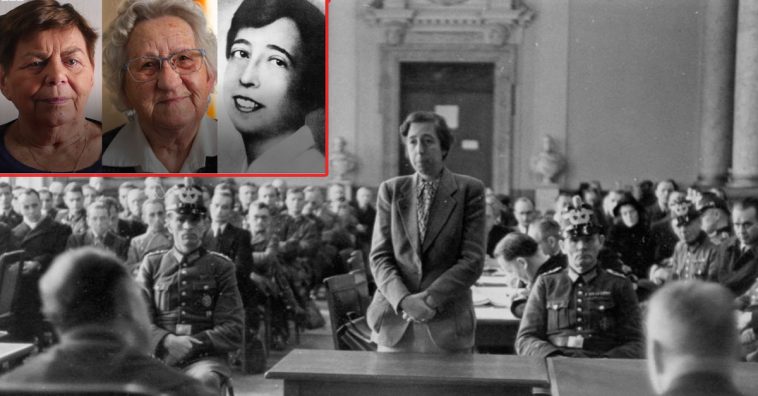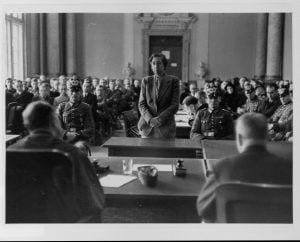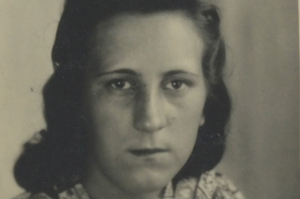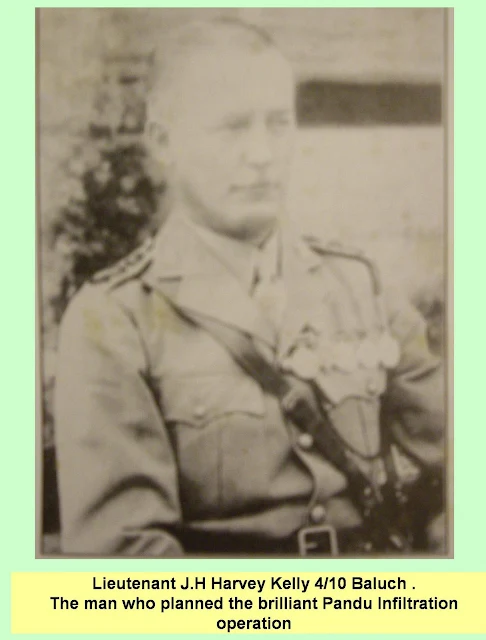Three Women Fueled Resistance Against The Nazis Right In Berlin

Wars are not just fought on sprawling, bloodied fields. The biggest battles can actually happen right in our backyards. Three Berlin women fought the Nazi regime with their own acts of resistance. At the end of the day, the risks stayed the same: getting caught meant death. Still, Ruth Winkelmann, Elisabeth Charlotte Gloeden, and Felicitas Narloch defied tyranny and fear so others could feel safe.
Women in uniform performed vital tasks as part of the Allies in the fight against the Axis Powers. Veterans today tell stories of providing important support at home. On the battlefield, pilots harassed Axis troops and foiled plans. But right in Berlin, these three women fought in a different way. Their weapon was hope, and to offer hope to Hitler’s enemies meant certain death. But their actions made all the difference in the world.
Ruth Winkelmann’s very existence defied Hitler’s machinations

But Ruth Winkelmann lived on, in spite of the careful, meticulous actions of the Nazis. A garden shed became her home for two years, and there she hid from the SS. She also had to conceal her Jewish heritage, keeping her identity a secret everywhere but in her heart. All the while, she lived with traumatic memories. Kristallnacht, in particular, haunted her for ages. The night of broken glass saw a wave of violent acts committed against Jews. “In retrospect, I became a grown-up on that day,” she recalled. “The pogrom night took away my childhood.”
Elisabeth Charlotte Gloeden helped people in Ruth Winkelmann’s position

She and her husband Erich hid Jews in their home, right in Berlin, under the very noses of Hitler and the SS. Offering an oasis of safety in a hotbed of hate-fueled extermination was not enough for Gloeden, however. As long as her Jewish countrymen remained in Germany, their fates could change on a dime. And so she helped arrange safe passage out of the country. Those they took in also perpetuated acts of resistance, as one individual was resistance leader Dr. Carl Goerdeler. The two continued their acts of defiance until 1944. Unfortunately, they were betrayed to the Gestapo. After providing hope for so many German Jews, Elisabeth Charlotte Gloeden was executed to invoke fear in anyone else who might resist. She herself endured torture while being interrogated for the treasonous act of providing aid.
But fear did not discourage Felicitas Narloch

Narloch was only a teenager when a Jewish woman, destined for a concentration camp, crossed her path. The woman arrived at her doorstep and asked for help, knowing what awaited her if the wrong people caught her. It was a risk but fortunately, Felicitas Narloch preserved the kindness in her heart even during such dark times. She took the woman in and hid her, providing life-saving shelter. Her reason was simple: “anyone would do the same.”






